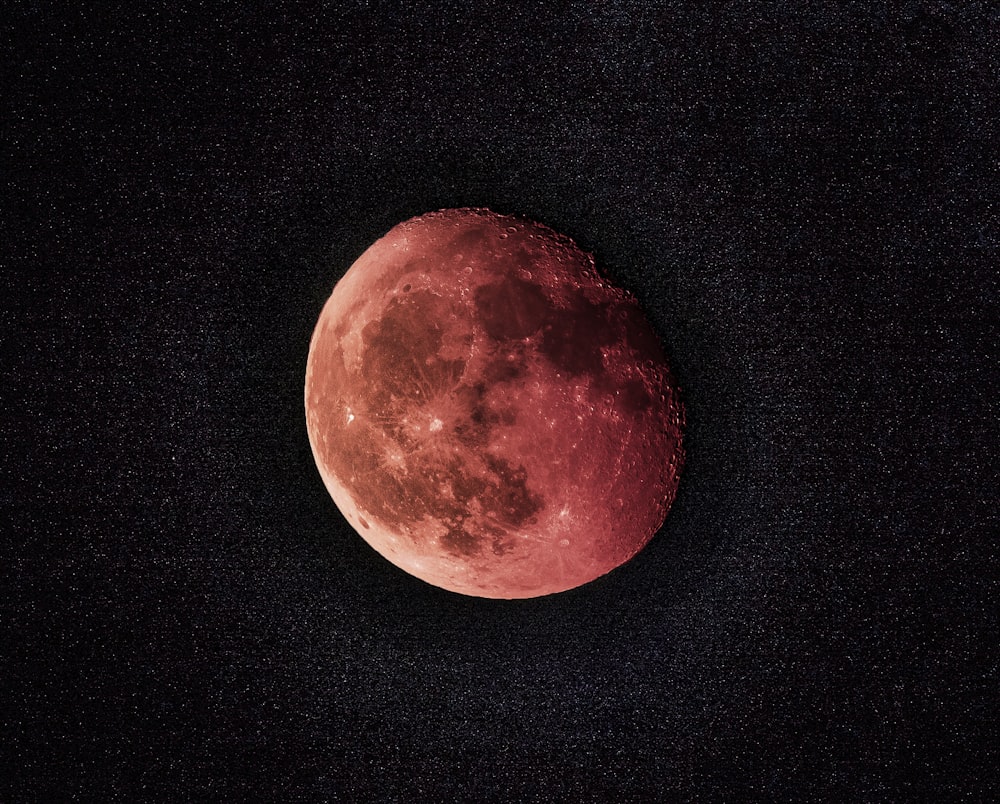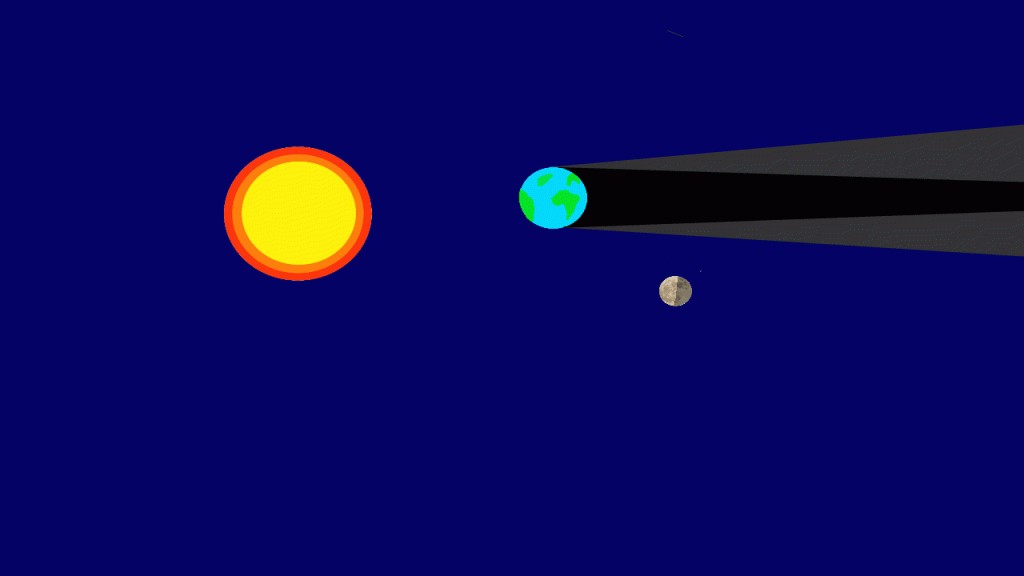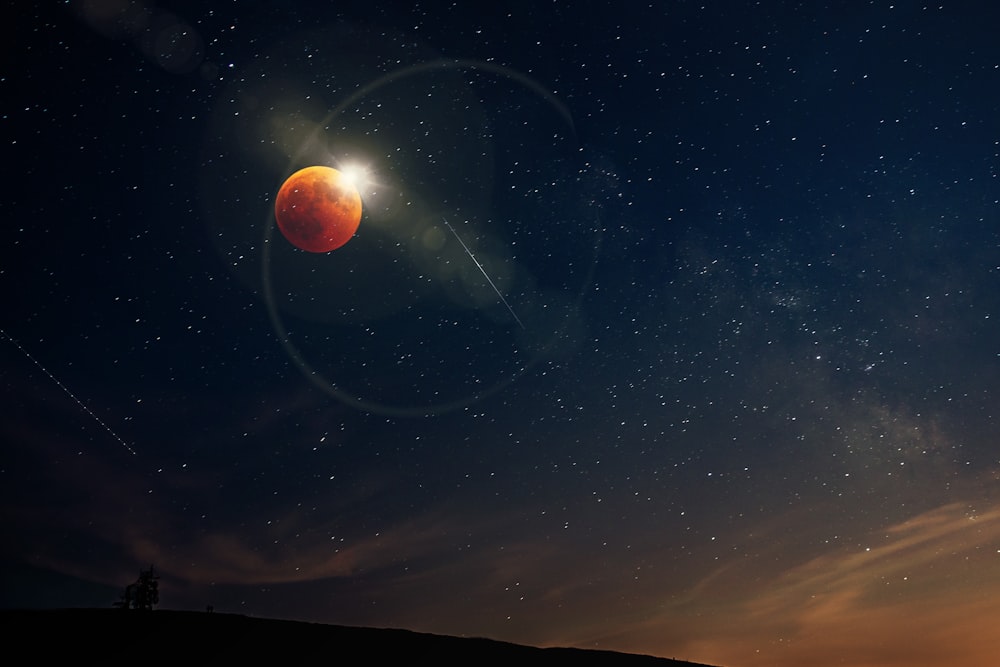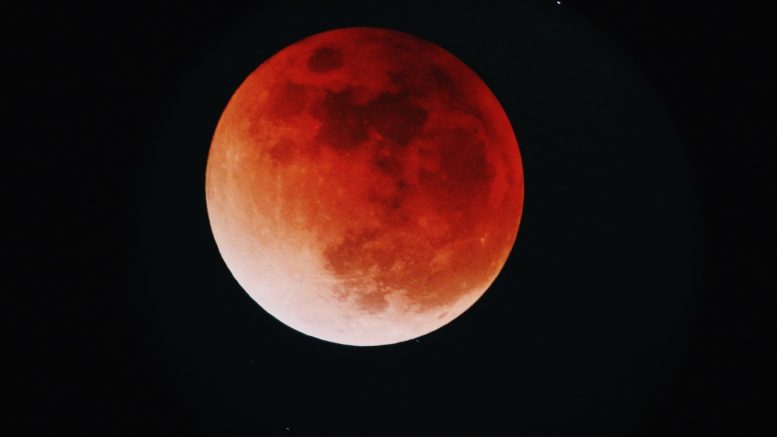A total lunar eclipse will occur this month between 15th and 16th. The eclipse will be visible from UK as well as parts of the Americas and Africa.
This will be the first lunar eclipse since May 2021. A visible lunar eclipse is a rare astronomical event.

Before we can understand lunar eclipses, we must must understand what causes it.
First, for an eclipse to happen, the sun, earth and the moon have to be exactly on the same line.
When the moon moves into the earth’s shadow, it blots out parts of the moon that would otherwise be illuminated by sunlight, preventing the observers from earth seeing the full moon.

The shadows caused by sunlight on the earth can be divided into umbra and penumbra. As the moon moves into the earth’s penumbra, we will see the moon dimming and disappearing. When the moon moves into earth’s umbra, it appears red, which is known as blood moon.

After some time, the moon will leave the earth’s shadow and return to its normal silver colour.
Lunar eclipses can also be divided into different types. A total lunar eclipse is only happen when the entire moon passes completely through the earth’s shadow.

The lunar eclipse that will take place this month is also a total lunar eclipse. In the UK, the Moon will begin to enter the Earth’s shadow just after 2.30am. The full eclipse will happen just before 4.30am.
Total lunar eclipses are usually seen in red because the earth completely blocks the sun light from reaching the moon. Only light reflected from moon’s surface is refracted by earth’s atmosphere, and that light usually red.

Are you going to stay up to watch the eclipse? Let us know in the comments below!
Images: Unsplash | Words: Yanbin Tan
Sub-Editors: Vedant Mathur and Tori Schiefer


Be the first to comment on "Lunar eclipse: when and what?"